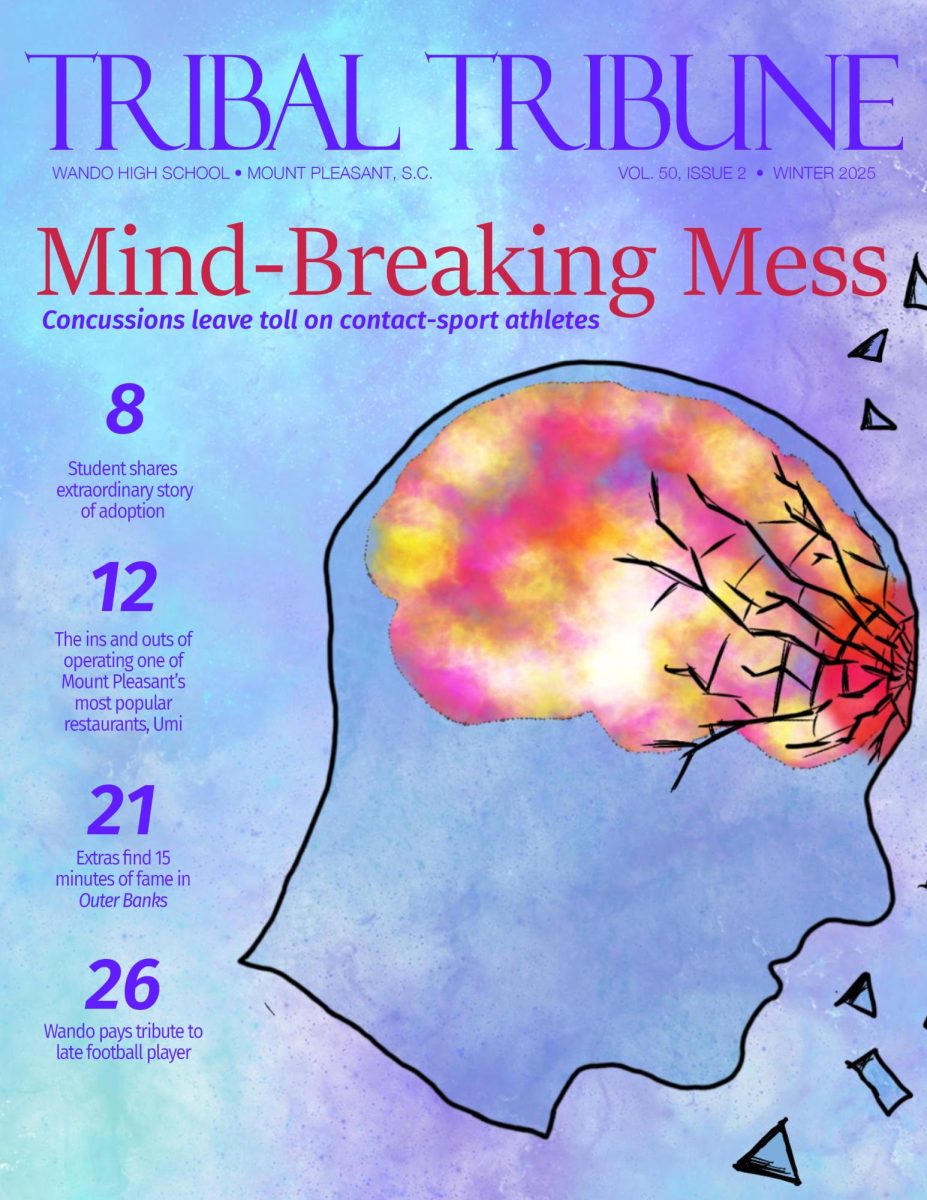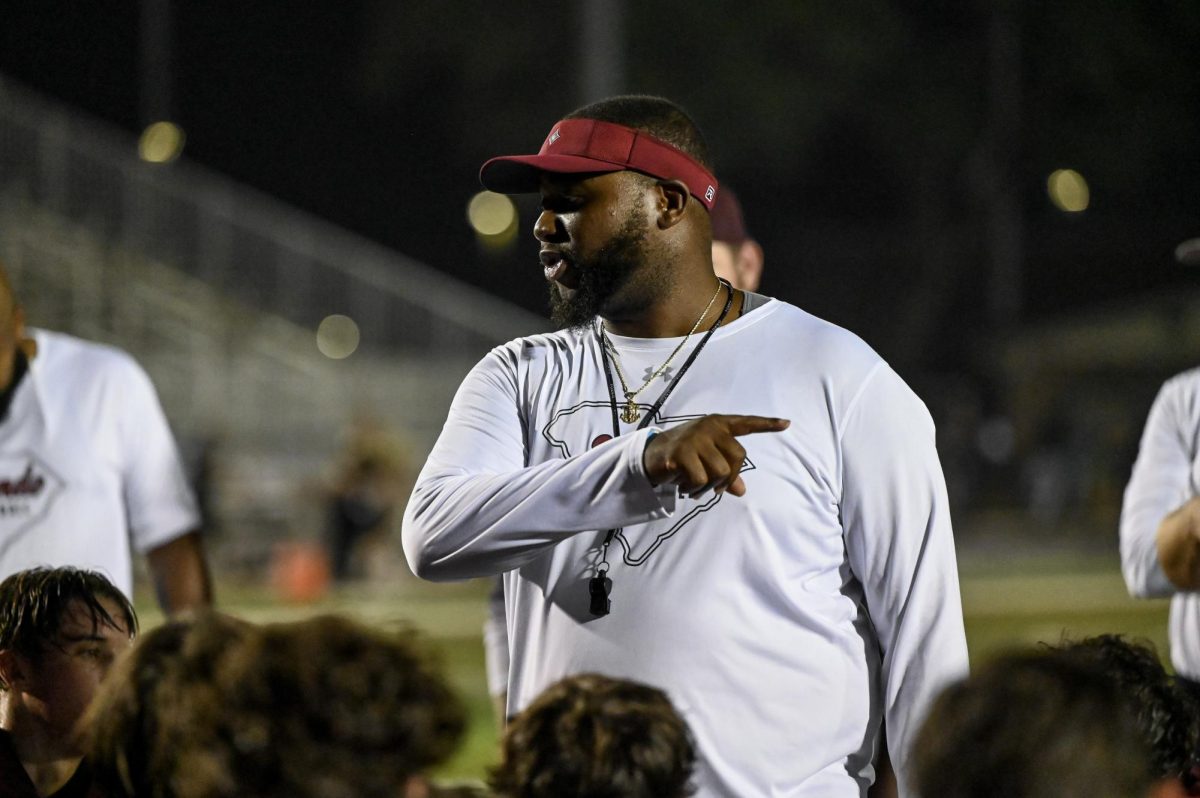Need to Know Study Habits for Final Exams
May 1, 2017
Spring beckons in warmer weather and the promise of summer break, but is also the harbinger of a particularly dark cloud to students: exam season. A collective shudder goes around the room when your teacher announces the date of your impending doom-that is, the class final in two weeks.
But, panic not.
Chances are, you’ve been reviewing all along and are better prepared than you think. If that’s not the case, now is the time to uncap your highlighters, log out of social media, make a cup of coffee (or two) and start studying.
Developing study techniques is a bit like shopping for shoes; the options are endless and one size does not fit all. If flashcards and color coding your notes ad nauseum proves ineffective, don’t do it. Sidestep the fluorescent notes and quizlet sprees to find what works for you.
Once you’ve found the method that suits you, it’s vital to make studying a part of your routine. At the same time, in the same place, no distractions. Turn off the TV, put away your phone, and dedicate real time everyday to reviewing the material. Sticking to a strict routine will improve your ability to concentrate increase
Even if you don’t have large chunks of time to spend poring over your notes at a desk, make time throughout your day to get in frequent reviews and constantly keep the material fresh in your mind. If your after-school time is already booked up, create five minute windows during the downtime your day gives you. Carry flashcards with you and study while riding the bus, at lunch, or after you’ve finished an assignment early in class. With a little forethought, studying can be done anywhere at anytime.
Now, if you’re in too deep and your only option is cramming just before the exam, your strategies might look a little different. First and foremost, do not reserve your reviewing for an all night spree the night before the test. Just because sleep isn’t due tomorrow doesn’t mean it’s not a vital part of your test-day performance (not to mention your overall health.)
When you’re staring into the all consuming void that is a year’s worth of material, start by taking a proverbial step back. Don’t jump head first into your notes. Take a second to break the material up into smaller, more manageable bits and pieces. As you go unit by unit, you’ll be surprised by what you remember from August.
Now would also be a good time to take a few practice tests. Treat your first test as a diagnostic to tell you where you stand, then review some more and test again. Doing this right before the exam – while not ideal- will at least help you to target your weak spots while studying.
Whether cramming or starting early, a good rule of thumb is that you don’t know the material well enough until you can explain it to someone else. Using this as a guideline grab classmates, family members, or unresponsive pets and teach them what you need to know. When you can do so confidently, you’re good to go.
So now, go forth and test. And remember that one score on one test will not actually make or break your future in the grand scheme of things.










































